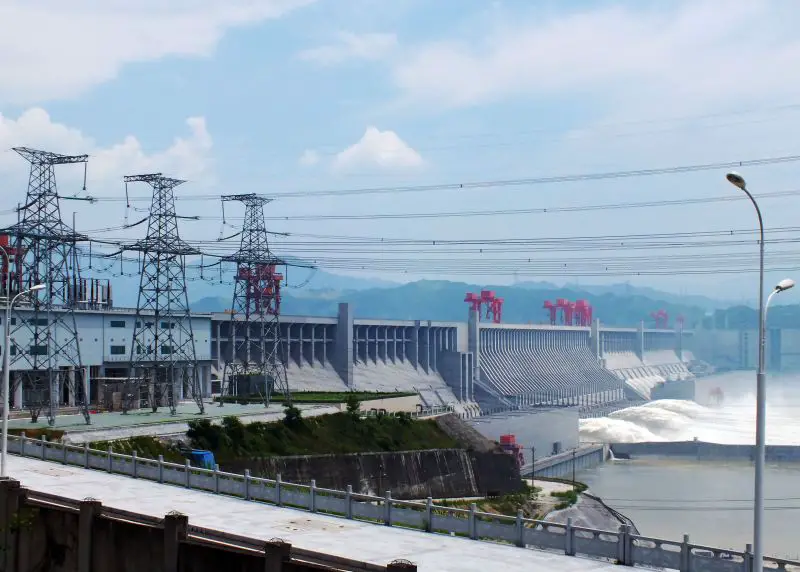Mbakaou mini-hydropower plant project which is being implemented in Adamawa Region (French: Région de l’Adamaoua), a constituent region of the Republic of Cameroon is expected to be delivered in June this year.
This was revealed in an official document published on the 22nd of February 2021 by Innovation Energy Development (IED) Invest, a member of IED group that develops small, decentralized, and autonomous power generation plants using renewable energy sources, and gives concrete form to the term public-private partnership, particularly in the geographical areas where the group has been established for a number of years.
Also Read: Maroua and Guider solar plants in Cameroon to benefit from tax and customs exemptions
The project has a 1.4 MW capacity that can be doubled if needed. The power will be generated by two turbines of 740 Kilowatts each and evacuated through a 40km medium and low voltage network.
It is funded by the European Union, IED Group, BGFI Bank, and the Cameroonian government through its Rural Electrification Agency (REA).
Benefits of the project
The project is set to benefit approximately 300 new households in unserved areas and about 2,500 new households in Tibati and Mbakaou.
Once commissioned, the Mbakaou mini-hydro power plant will also save Eneo approximately US $513000 per year on the fuel costs required to operate the Tibati and Mbakaou thermal power plants. This leads to both economic and ecological gain.
Eneo is the Central African country’s historical main electricity company that is partially State-owned with 51% of the share capital held by Actis, a global emerging markets investment firm focused on the private equity, energy, infrastructure, and real estate asset classes, 5% by Eneo employees and 44% by the State of Cameroon.

Leave a Reply